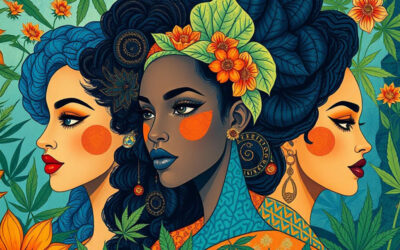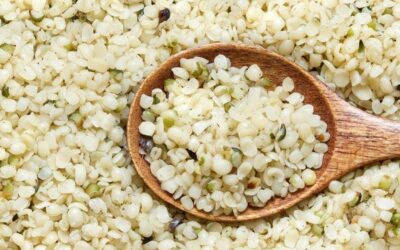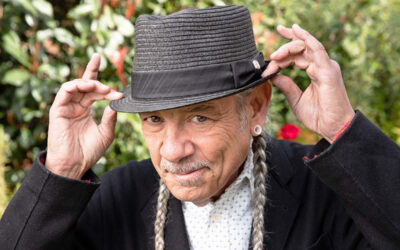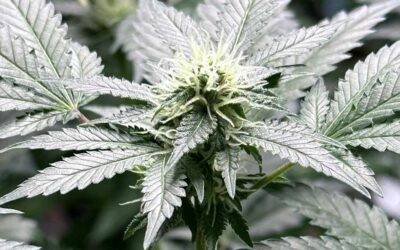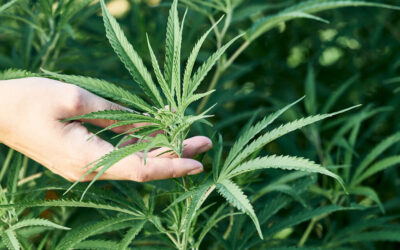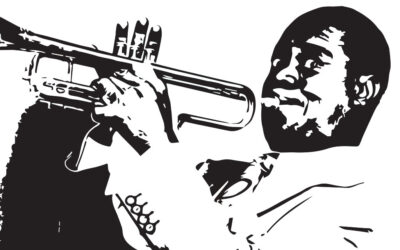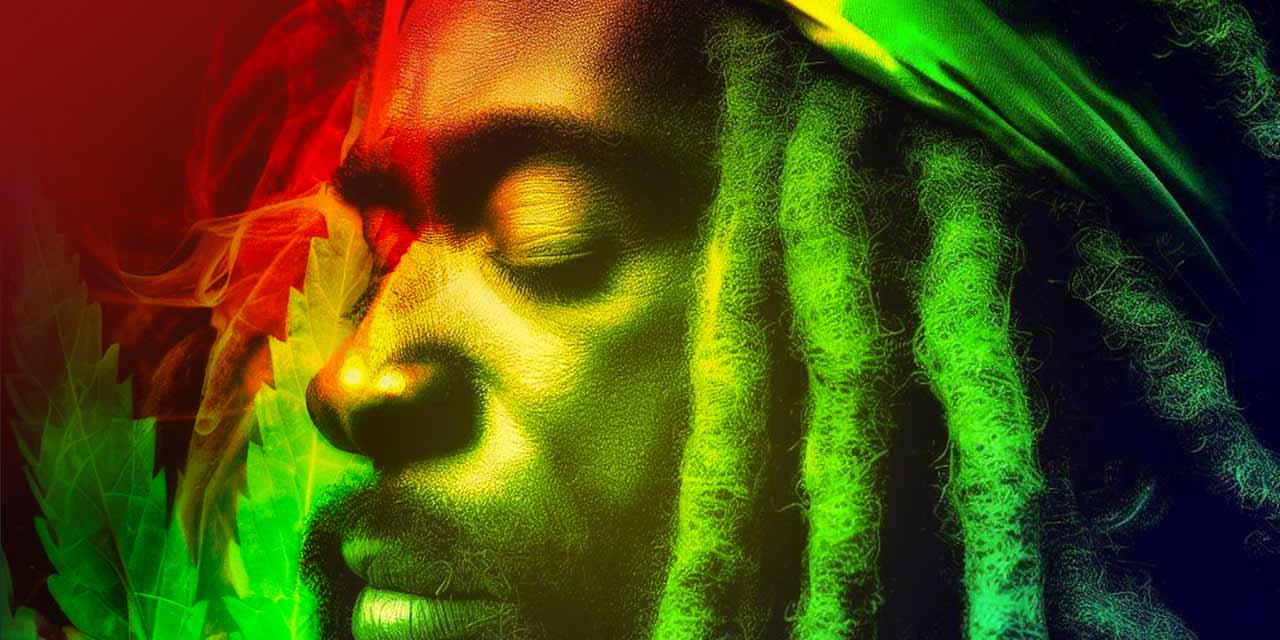
Rastafarianism And Cannabis:
A Sacred Bond of Spirituality and Culture
Rastafarianism, an influential religious and cultural movement originating in Jamaica, has captivated the world with its distinctive practices and beliefs. Among the most prominent aspects of Rastafarianism is its association with cannabis. In this blog post, we delve into the profound connection between Rastafarianism and cannabis, exploring the religious significance, cultural traditions, and the broader conversations surrounding this sacred herb.
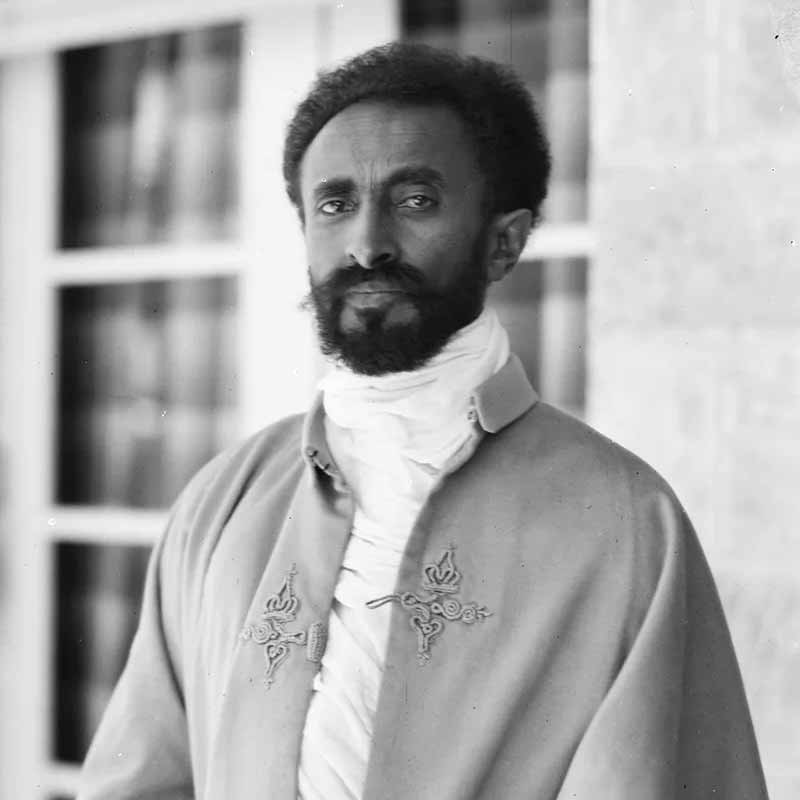
Rastafarianism
Originating in the 1930s as a direct response to the enduring social and economic hardships experienced by Jamaica’s black population, Rastafarianism is a rich amalgamation of Christianity, African spirituality, and social activism. At its core, this influential movement revolves around the profound veneration of Haile Selassie I, the esteemed Ethiopian Emperor who is widely believed to embody the divine essence. Priding itself on a steadfast commitment to principles such as equality, justice, and African pride, Rastafarianism fervently advocates for the emancipation of black individuals from the oppressive chains of colonialism.
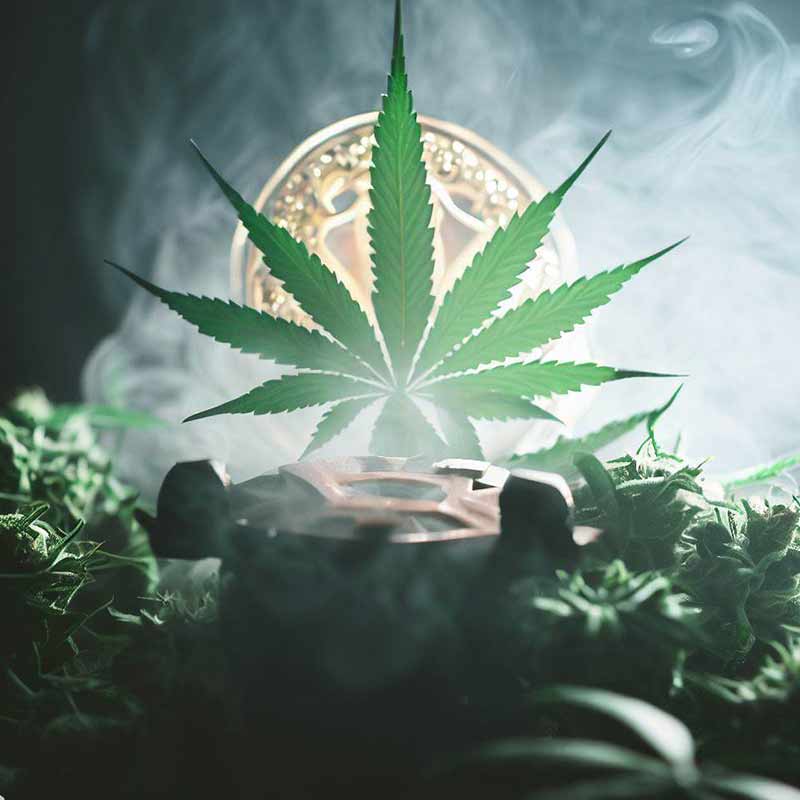
Cannabis as a Sacrament
Central to Rastafarian practices is the sacramental use of cannabis, also known as “ganja” or “herb.” Moreover, Rastafarians firmly believe that cannabis is a divine gift from God, possessing remarkable healing properties and aiding in meditation and spiritual connection. This sacred use of cannabis traces its roots to biblical interpretations, where the leaves of the tree are recognized as healing elements, validating its spiritual significance. Furthermore, reasoning sessions, communal gatherings involving discussions, prayers, and music, often integrate the consumption of cannabis to foster spiritual growth and unity among participants.
The Cultural Significance of Cannabis in Rastafarianism
Cannabis holds a central place in Rastafarian culture, serving as a symbol of African identity, resistance against social injustice, and spiritual enlightenment. Rastafarians believe that cannabis opens the mind and allows individuals to perceive the world from a heightened perspective, encouraging empathy, peace, and introspection. Furthermore, cannabis is associated with the natural and holistic approach to health embraced by Rastafarians. Its medicinal properties are believed to alleviate various ailments and promote overall well-being. The herb’s integration into Rastafarian music, particularly through the legendary Bob Marley, has further solidified its cultural significance and spread awareness of Rastafarian beliefs and practices.

Debates and Controversies
The connection between Rastafarianism and cannabis has sparked controversy and debate. While cannabis holds sacred significance in Rastafarianism, its legality remains restricted in numerous regions, leading to a conflict between religious liberties and legal constraints. This disparity has prompted conversations regarding the decriminalisation or legalisation of cannabis, taking into account its potential medicinal advantages and its historical and cultural importance to Rastafarians. Exploring the intricacies of cannabis use in a religious context stimulates a wider discourse on religious practices, cultural diversity, and the legal frameworks surrounding substance consumption.
Beyond Rastafarianism: Cannabis in a Modern Context
While Rastafarianism has long been closely linked to cannabis, it is crucial to acknowledge that the use and perception of cannabis transcend the confines of this particular religious movement. Additionally, cannabis has garnered worldwide recognition for its potential medical benefits, prompting its legalization for medicinal use in numerous nations. Furthermore, the recreational consumption of cannabis has ignited ongoing deliberations concerning public health, personal liberties, and regulatory frameworks. These dialogues underscore the necessity for comprehensive research, education, and responsible approaches to cannabis use that take into account cultural, social, and legal factors.
Rastafarianism’s profound relationship with cannabis offers a fascinating insight into the intricate connections between spirituality, culture, and the use of natural substances. Cannabis serves as a sacrament, symbol, and catalyst for spiritual experiences within Rastafarianism, fostering unity, introspection, and a sense of African identity. Understanding the complexities and controversies surrounding cannabis within this context invites broader conversations about religious practices, cultural diversity, and the evolving perceptions and policies regarding the use of this sacred herb. The exploration of Rastafarianism and cannabis serves as a reminder of the diverse ways in which spirituality and culture intertwine and influence our understanding of the world.


